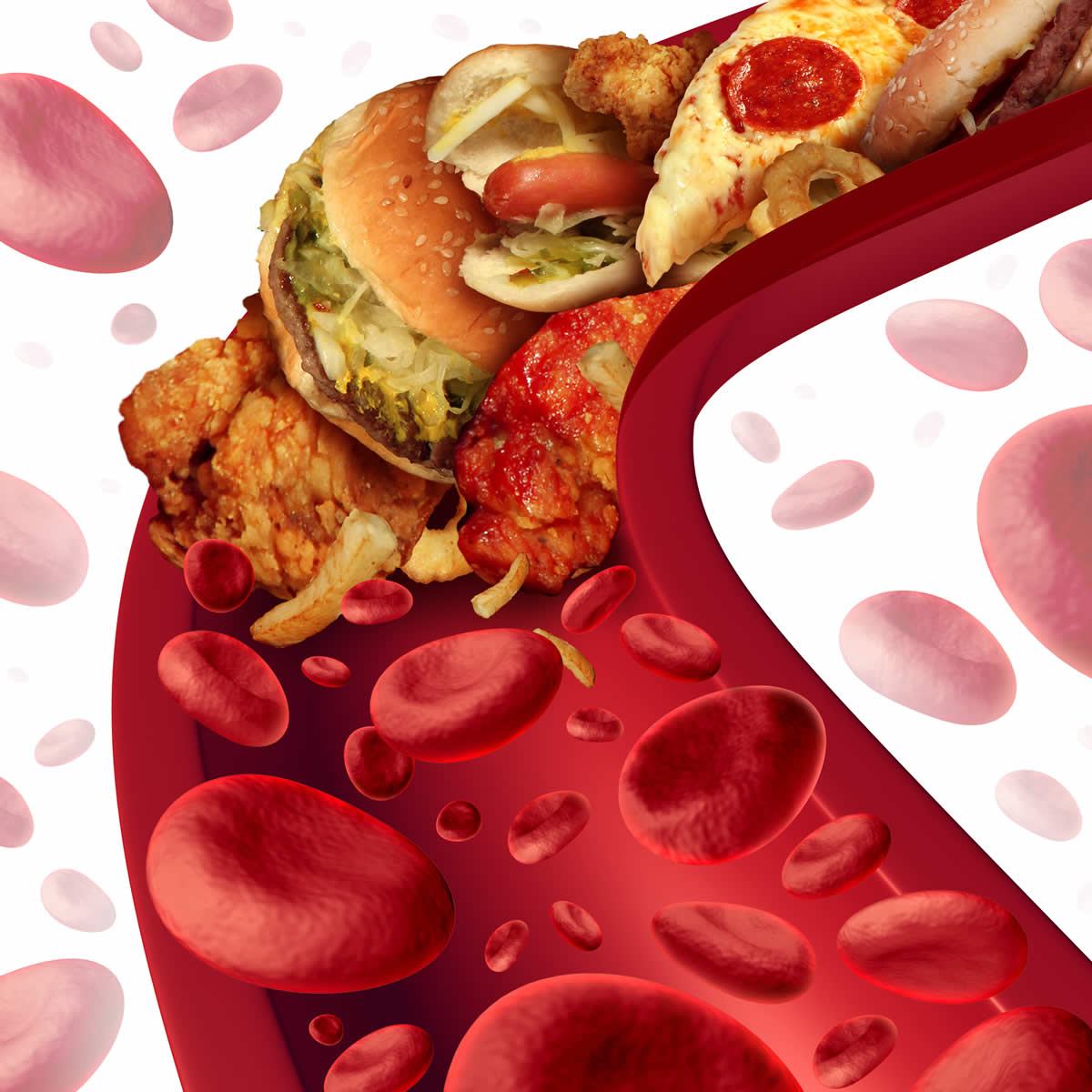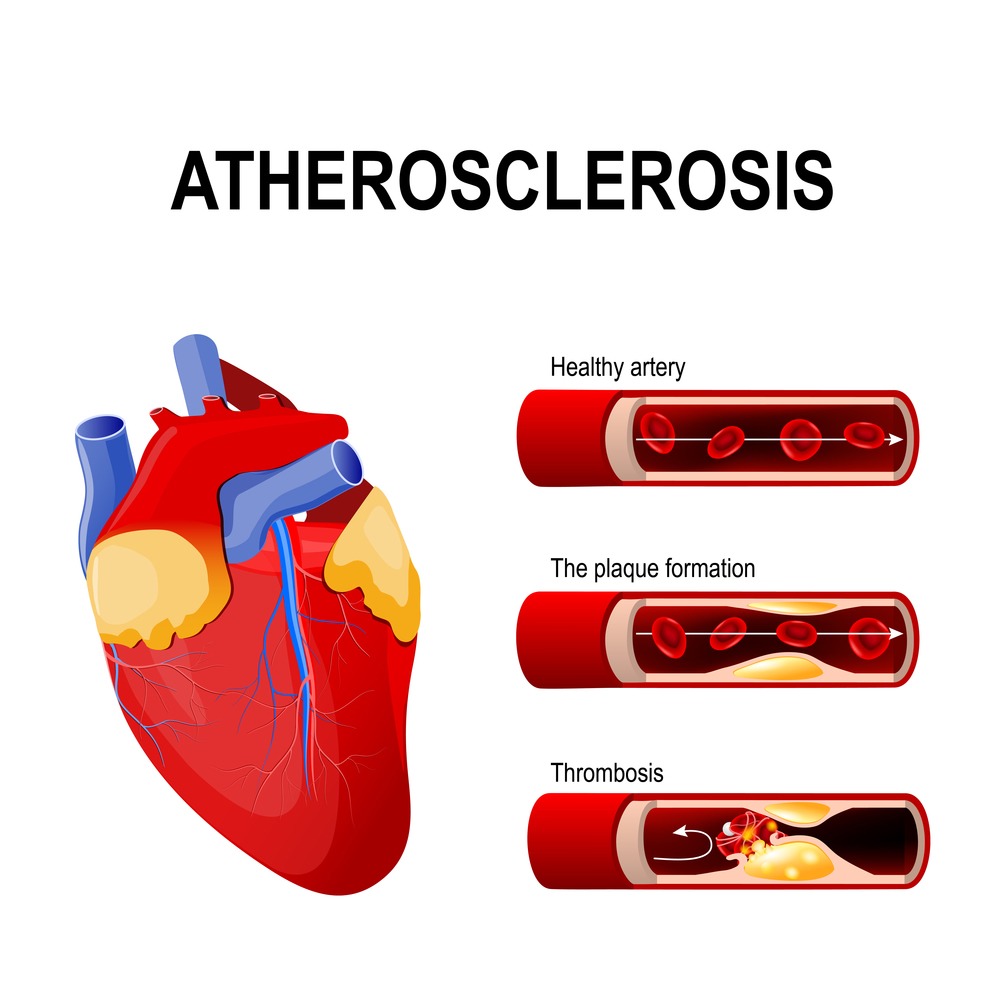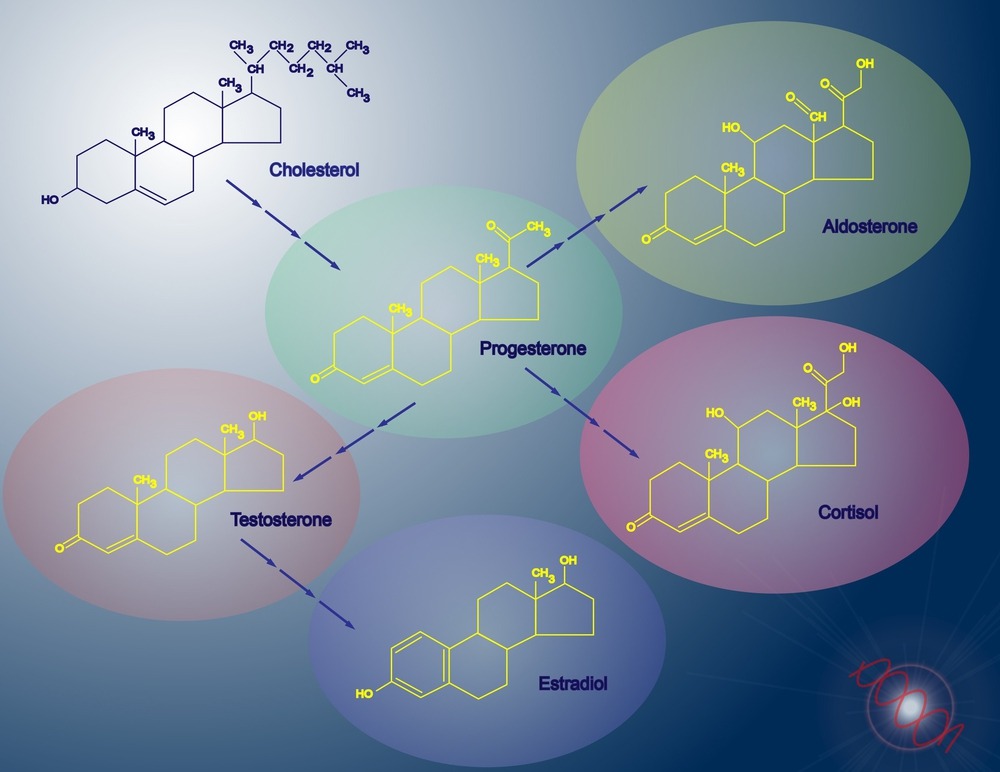
In the realm of health and wellness, few topics have sparked as much debate and controversy as cholesterol. For decades, it has been vilified as the primary culprit behind cardiovascular disease (CVD), leading to widespread adoption of low-fat diets, cholesterol-lowering drugs, and invasive procedures aimed at combating its perceived dangers. However, recent evidence suggests that our understanding of cholesterol may be in need of a significant overhaul.
The conventional narrative surrounding cholesterol paints it as a villainous substance that must be minimized at all costs. But what if I told you that cholesterol is not the enemy we’ve been led to believe? What if, instead of demonizing it, we acknowledged its essential role in the human body?
The cholesterol pathway
- Cholesterol Pathway: Cholesterol is a type of fat molecule that our bodies make naturally. It’s important for our cells’ and brain structure and for making many complex hormones. Cholesterol travels through our bloodstream in little packages called lipoproteins.
- Hormones Made from Cholesterol: Cholesterol serves as a precursor for several essential hormones in our bodies. These include:
- Steroid Hormones: Cholesterol is the starting material for making steroid hormones, which include:
- Cortisol: This hormone helps regulate metabolism, reduce inflammation, and manage stress.
- Testosterone: Found in higher amounts in males, testosterone is responsible for traits like muscle mass, bone density, and sex drive.
- Estrogen: Predominant in females, estrogen plays a key role in regulating the menstrual cycle, supporting bone health, and influencing mood.
- Progesterone: This hormone is crucial for preparing the uterus for pregnancy and maintaining a healthy pregnancy.
- Vitamin D: Cholesterol is also involved in the production of vitamin D, often called the “sunshine vitamin.” When our skin is exposed to sunlight, it helps convert a form of cholesterol into vitamin D, which is important for bone health and immune function.
In essence, cholesterol acts as a building block for these important hormones, ensuring our bodies can carry out vital functions like metabolism, reproduction, and maintaining a healthy immune system. So, cholesterol is essential for our overall health and well-being.
Cholesterol is not just a mere bystander in our physiology; it is a crucial component of cell membranes and serves as a precursor for the synthesis of steroid hormones, vitamin D, and bile acids. Without cholesterol, life as we know it would simply not be possible. Surprisingly, numerous studies have shown that low cholesterol levels may actually be more detrimental to health than high levels.
In a comprehensive review led by Professor David R. Jacobs and his team, low cholesterol was found to predict an increased risk of mortality from gastrointestinal and respiratory diseases. This challenges the long-held belief that lower cholesterol is always better. 1 Additionally, cholesterol has been shown to play a protective role against infections, with LDL (often dubbed “bad” cholesterol) binding and inactivating harmful bacterial toxins, bolstering the immune system in the process.5
 Why some people have elevated cholesterol?
Why some people have elevated cholesterol?
But if cholesterol isn’t the primary culprit behind CVD, what is? The answer may lie in a complex interplay of factors, including inflammation, oxidative stress, lifestyle choices, and environmental toxins. Recent research has uncovered microplastics in the clogged arteries of heart disease patients, raising concerns about their impact on cardiovascular health. These tiny particles, ubiquitous in our environment, have been linked to inflammation, oxidative stress, and impaired heart function, underscoring the need for greater scrutiny of our exposure to them.2, 3
The role of microplastic and mycoplasma in arterial plaque
In recent years, emerging research has shed light on the potential role of microplastics and microbial infections in the context of elevated cholesterol levels and cardiovascular health. Microplastics, pervasive in our environment due to their widespread use in consumer products, have been detected in the clogged arteries of more than half of heart disease patients. These microscopic particles, once ingested or inhaled, can traverse the bloodstream, potentially exacerbating inflammation and oxidative stress within the cardiovascular system.
Furthermore, studies have indicated a correlation between the presence of mycoplasma, a type of bacteria, and arterial plaque formation. Mycoplasma pneumoniae and Chlamydia pneumoniae, in particular, have been associated with inflammation and rupture of atherosclerotic coronary plaques. This convergence of environmental pollutants and microbial pathogens underscores the multifaceted nature of elevated cholesterol and cardiovascular disease, emphasizing the importance of considering a broad spectrum of contributing factors in our approach to prevention and treatment.4 Addressing these environmental and infectious triggers alongside traditional risk factors may hold the key to more effective strategies for promoting heart health and reducing the burden of cardiovascular disease.
Other factors contributing to elevated cholesterol
Furthermore, the traditional methods used to detect and treat CVD may be inadequate. Stress tests and cardiac CT scans, while valuable tools, may fail to detect plaque buildup until it’s too late. A more proactive approach, focused on early detection and addressing underlying causes, is imperative. This is where natural medicine shines.
The Naturopathic approach in the treatment of elevated cholesterol
Naturopaths, herbalists, and nutritionists have long recognized the importance of addressing root causes and promoting holistic wellness. By targeting oxidative stress, inflammation, insulin resistance, and lifestyle factors such as smoking and alcohol consumption, natural medicine offers a preventative approach to cardiovascular health. By utilizing early detection analytical tools and addressing hidden infections, the risk of heart attack or stroke can be significantly reduced.
In conclusion, the narrative surrounding cholesterol and cardiovascular health is far more nuanced than we’ve been led to believe. Rather than viewing cholesterol as the enemy, we must acknowledge its essential role in our bodies and adopt a more holistic approach to heart health. By embracing the principles of natural medicine and addressing underlying imbalances, we can pave the way for a healthier, heartier future.
References:
- Jacobs D et al. Report of the conference on low blood cholesterol: Mortality associations. Circulation. 1992;86:1046–1060.
- “Microplastic fragments found in more than half of clogged artery patients.” (msn.com)
- “Plastic Found Inside More Than 50% of Plaques From Clogged Arteries.” (msn.com)
- Mycoplasma pneumonia and Chlamydia pneumoniae are associated with inflammation and rupture of atherosclerotic coronary plaques. (PubMed)
- ” The Benefits of High Cholesterol” – The Weston A. Price Foundation
If you would like to know more about how the DH-Natural Medicine Clinic can help you, please call us now on
(02) 4854 0205
 Danuta Hulajko is a Naturopath, international speaker and the founder & practitioner at the DH Natural Medicine Clinic and www.healingremedies.com.au in the Southern Highlands
Danuta Hulajko is a Naturopath, international speaker and the founder & practitioner at the DH Natural Medicine Clinic and www.healingremedies.com.au in the Southern Highlands
Danuta specialises in Allergies, Anti-Aging, Auto-Immune Conditions, Cardiovascular Conditions, Female Reproductive, Long Covid, Menopause, Mould Toxicity, Skin Conditions, Stress and Insomnia and Thyroid Dysfunction.


